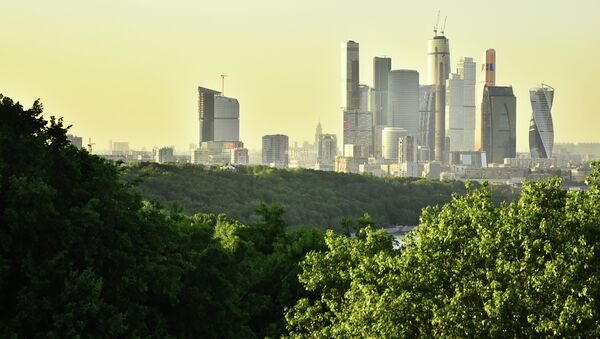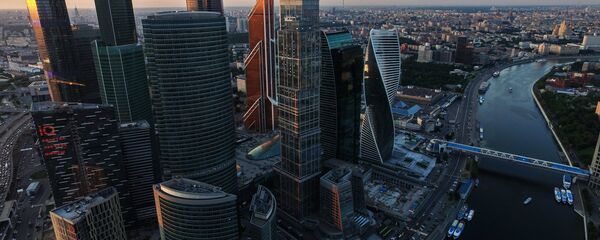"In Russia, the projection for 2019 has been downgraded to 1.2 percent, reflecting oil production cuts", the report stated. "Tighter monetary policy, combined with a value-added tax hike at the beginning of 2019, are also contributing to weaker growth momentum in the remainder of 2019".
READ MORE: Moody’s: Oil Prices Effect on Russia Slowed Returning to Investment Grade Rating
In its January report, the World Bank projected Russia's economy would grow by 1.5 percent before lowering its forecast to 1.4 percent in April.
On Monday, Russian Minister of Energy Alexander Novak said that in line with the OPEC + agreement, average daily reductions in Russia's oil production in May amounted to 317,000 barrels per day compared to production levels in October 2018, taken as guidelines in the agreement.
Moscow intends to fully comply with agreed production levels In June.
READ MORE: Chinese Venture Capital Could Play Key Role in Growth of Russia AI Start-Ups
According to the report, Russian economic growth accelerated to a six-year high of 2.3 per cent in 2018, despite tightened economic sanctions and pressure on financial markets.
The report found that acceleration was supported by increased oil prices, solid contributions from net exports, energy-related construction projects, and hosting the World Cup.


